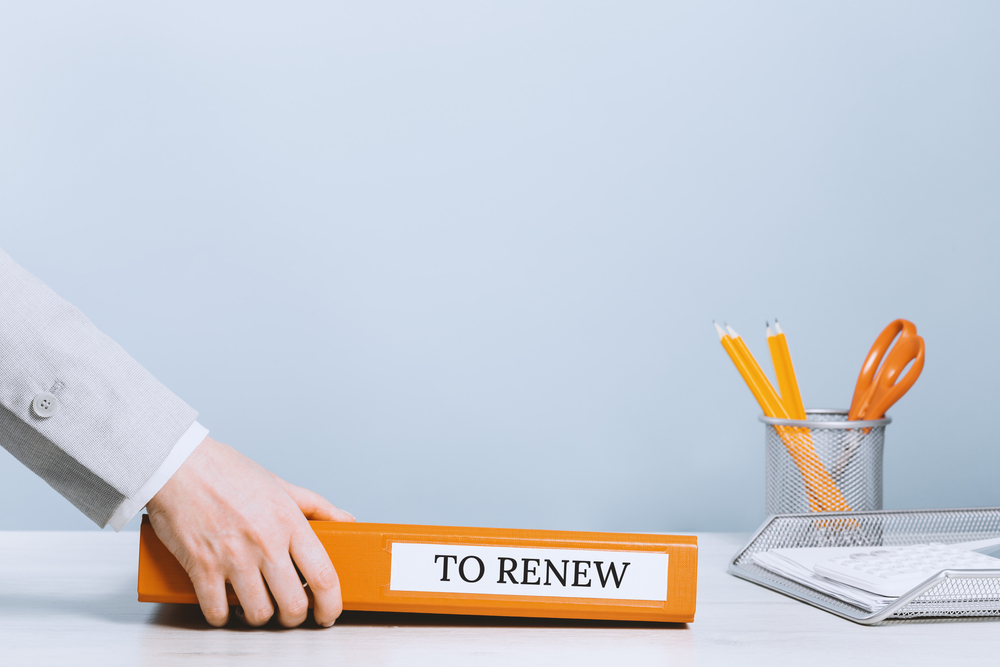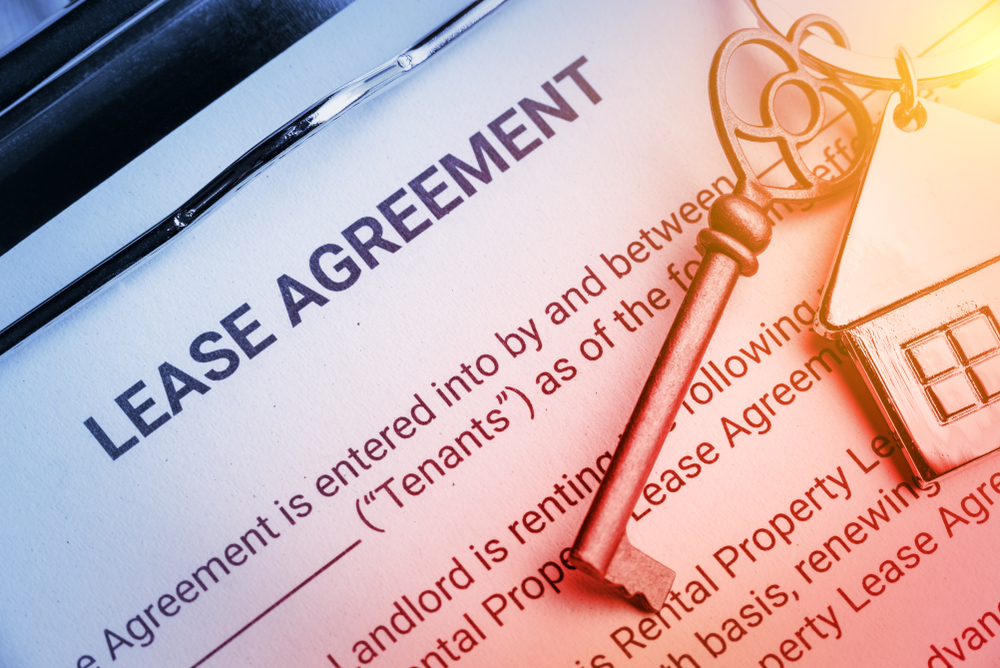As a landlord, deciding whether to renew lease agreements is a complex matter and, often, a difficult decision to make. As there are pros and cons to both choices, it can be hard to know which way to go.
To help you make this call, we’re going to look at both options. As part of this, we’ll consider why some landlords choose to renew lease agreements, and why others don’t. We’ll also go over some of the questions you should be asking yourself when making this choice.
The advantages of renewing lease agreements
The biggest benefit of renewing a lease agreement is the additional stability and peace of mind it provides. It formally extends the lease term for your tenant, helping minimise the risk of the property sitting vacant. And, because you already know the tenant, you can rest easy knowing the property will continue to be looked after.
What’s more, finding a new tenant is an expensive and time-consuming process and there’s a real risk of losing income. As such, keeping a good tenant in place for longer is one of the keys of property investing, it can help you save money and maximise your rental returns. And renewing the lease agreement is one of the best – and easiest – ways to do that.
Choosing to renew tenancy agreements also gives you greater control over when a lease expires. This means you can avoid having a fixed term that ends during a slower rental period, like during Christmas. This, in turn, will make it easier to find a replacement if your current tenant chooses not to renew again.
Why wouldn’t you renew your lease agreement?
Some property investors believe that choosing to renew a lease agreement doesn’t offer much protection to landlords. Tenants can still choose to leave during the new fixed term – they just need to pay a break lease fee. And this penalty has been reduced significantly to 1 week’s rent for each quarter of the lease term remaining.
For example, say you choose to renew a lease agreement for 12 months. Then, after 6 months, the tenant decides they want to vacate the property. As they have completed half the lease term, the break lease fee would only be 2 weeks’ rent. And, if they left after 9 months, it would only be 1 week’s rent.
However, renewing lease agreements is more of a commitment for landlords and significantly reduces the options available to you. For example, you cannot end the renewed lease agreement early if you want to sell or move into the property. You also cannot increase the rent during the fixed term, unless you have this written into the renewed lease agreement.
But, if you choose not to renew a lease agreement, the tenant will roll over to a periodic agreement. This arrangement is much more flexible, allowing you to end the tenancy and increase the rent. However, it does also mean the tenant can leave whenever they want, without any additional fees or penalties – with 21 days’ notice in NSW.

So… should you renew your lease agreement?
There are points to be considered for both sides, so it really depends on your situation and risk appetite. For example, if your top priority is having someone in your property paying rent, renewing the lease agreement might be best. However, if you’re unsure about your short-term investment plans, the flexibility of a periodic agreement might be worth the risk.
With this in mind, there are a few key things you should consider when choosing whether to renew a lease agreement:
- Has the tenant been reliable? There’s no point renewing a lease agreement if the tenant hasn’t held up their end of the bargain. This just locks you into dealing with the stress and issues they cause for even longer.
- How strong is the rental market? Low vacancy rates make finding new tenants easier and, by extension, choosing not to renew lease agreements less risky. They often also lead to rent increases, which is something you cannot do if you choose to renew.
- Could you cope with the property sitting vacant? While it should only be for a short period, having your property sit vacant will cost you money. And you’ll need to cover these costs if you choose not to renew a lease agreement and the tenant leaves.
- What are your plans for the next 12 months? As a landlord, once you’ve chosen to renew a lease agreement, you’re locked in for that term and the only way to end the lease early, is if the tenant actually agrees. As such, you need to be sure you’re able to honour that commitment (e.g. you won’t sell the property, etc.).
Want to discuss this further?
If you want more information on renewing lease agreements, or to talk through your options, Local Agency Co. is here to help. We have over 20 years of experience in property management and can help you pick the best approach for you. Book a time to speak to our friendly team today!
CLICK HERE TO SPEAK WITH AN EXPERIENCED LOCAL PROPERTY MANAGER
